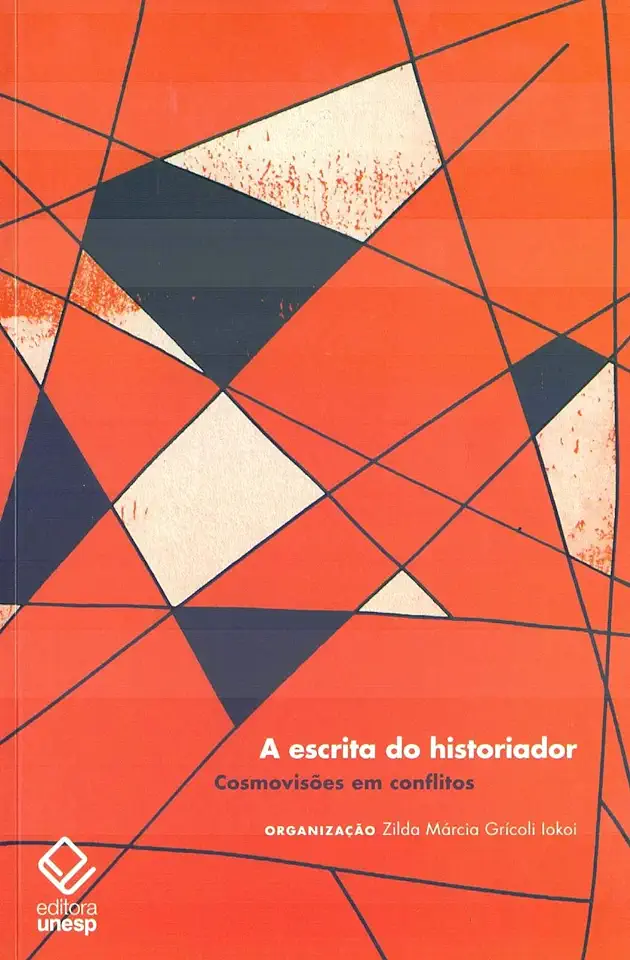
The Writing of the Historian: Conflicting Worldviews - Iokoi, Zilda Márcia Grícoli
The Writing of the Historian: Conflicting Worldviews
By Zilda Márcia Grícoli Iokoi
A Comprehensive Exploration of Historical Writing and Interpretation
In her groundbreaking book, "The Writing of the Historian: Conflicting Worldviews," Zilda Márcia Grícoli Iokoi delves into the complex and fascinating world of historical writing and interpretation. With meticulous research and engaging prose, Iokoi presents a comprehensive analysis of the various approaches historians have employed to understand and narrate the past. This book is a must-read for anyone interested in history, historiography, and the ways in which our understanding of the past shapes our present and future.
Unveiling the Art of Historical Interpretation
Iokoi begins by exploring the very essence of historical writing, arguing that it is not merely a neutral recording of facts, but rather an art form that involves interpretation, selection, and storytelling. She examines the different ways historians have approached their craft, from the traditional focus on political and military events to the more recent emphasis on social, cultural, and economic factors. Through her analysis, Iokoi reveals the inherent subjectivity of historical writing and the ways in which historians' own perspectives and biases influence their interpretations of the past.
Engaging with Conflicting Worldviews
One of the central themes of the book is the notion of conflicting worldviews in historical writing. Iokoi argues that historians are not simply objective observers, but rather participants in the ongoing dialogue about the past. She examines how different worldviews, such as nationalism, Marxism, feminism, and postcolonialism, have shaped historical narratives and influenced our understanding of the past. By exploring these conflicting perspectives, Iokoi encourages readers to critically engage with historical texts and to recognize the ways in which their own worldviews may influence their interpretation of the past.
Exploring the Role of Evidence and Sources
Iokoi also delves into the crucial role of evidence and sources in historical writing. She examines the different types of sources historians use, from written documents and oral histories to archaeological findings and visual representations. She discusses the challenges of evaluating the reliability and authenticity of sources and the ways in which historians construct narratives based on incomplete and often contradictory evidence. Through her analysis, Iokoi highlights the importance of critical thinking and source evaluation in historical research.
Rethinking the Relationship Between History and the Present
In the final section of the book, Iokoi explores the complex relationship between history and the present. She argues that the past is not simply a collection of dead facts, but rather a living force that continues to shape our contemporary world. She examines how historical narratives are used to justify political ideologies, shape national identities, and perpetuate social inequalities. By understanding the ways in which the past is used and abused in the present, Iokoi encourages readers to become more informed and critical consumers of historical information.
A Must-Read for Historians and History Enthusiasts
"The Writing of the Historian: Conflicting Worldviews" is a tour de force in historical scholarship. With its comprehensive analysis of historical writing and interpretation, its exploration of conflicting worldviews, and its emphasis on the role of evidence and sources, this book is a must-read for historians, history enthusiasts, and anyone interested in understanding the complex relationship between the past and the present. Iokoi's work is a valuable contribution to the field of historiography and a testament to the power of historical thinking in shaping our understanding of the world.
Enjoyed the summary? Discover all the details and take your reading to the next level — [click here to view the book on Amazon!]